Search the collection
Filter By
Object Type / Material
Geographic Location
Department
Date
Show Only:
- As part of the Met's Open Access policy, you can freely copy, modify and distribute this image, even for commercial purposes.APIPublic domain data for this object can also be accessed using the Met's Open Access API
Showing 7,603 results for Indian, probably Deccan
Sort by:
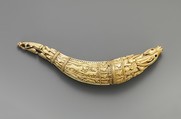
Indian, probably Deccan
mid-17th century

Indian, probably Deccan
18th–19th century
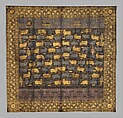
India, Deccan, Aurangabad (?)
late 18th century
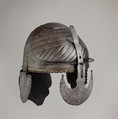
Indian, Deccan, probably Bijapur (Vijayapur)
17th century
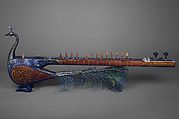
Indian
19th century

Murari Adhikari
1997
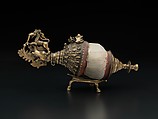
Indian
19th century

Indian
ca. 1900

Deccan, Indian
17th–19th century

Indian, Deccan
second half 17th century

Indian, Deccan, possibly Golconda
17th century and later

Indian, Deccan, Golconda
dated A.H. 1026/1617–18 CE
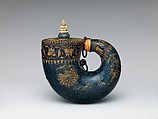
Indian, possibly Deccan
17th century

Indian, possibly Deccan
17th century

Indian, Mughal
1605–27

probably Indian, Murshidabad
ca. 1790
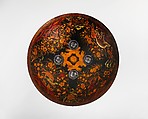
Indian, probably Rajastan
ca. 1800

India (Deccan, Karnataka)
12th century
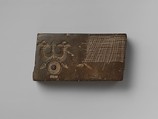
India (Deccan Plateau)
ca. 1st century

Indian
last half 19th century
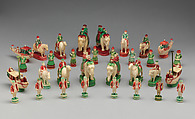
Indian
late 18th–early 19th century
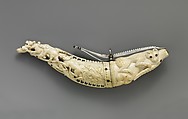
Indian
second half of the 17th century
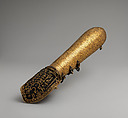
Indian
18th century

Indian
18th century

Indian
18th century

Indian
19th century

Indian
blade, dated A.H. 835/1673 CE; hilt, 19th century

Indian
mid-19th century
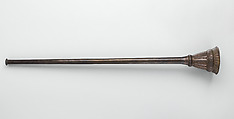
Indian
late 19th century
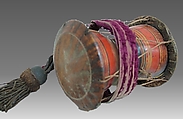
Indian
late 19th Century
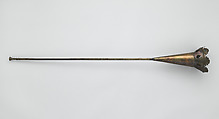
Indian
late 19th century

Indian
19th century
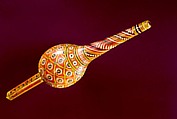
Indian
late 19th century
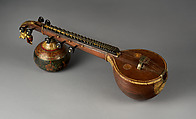
Indian
late 18th century
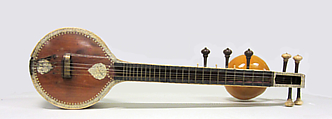
Indian
19th century
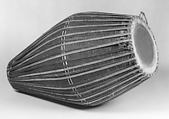
Indian
20th century
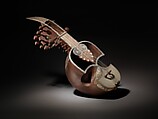
Indian
late 19th century
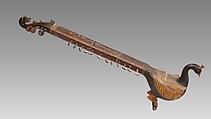
Indian
late 19th century
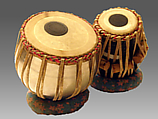
Indian
late 20th Century
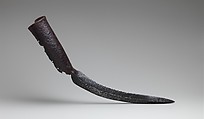
Indian
15th–17th century